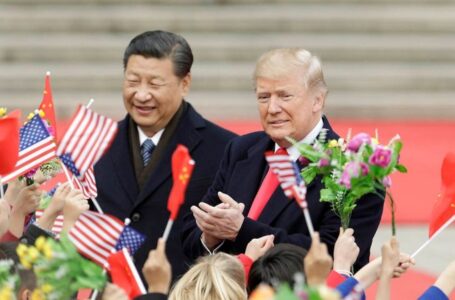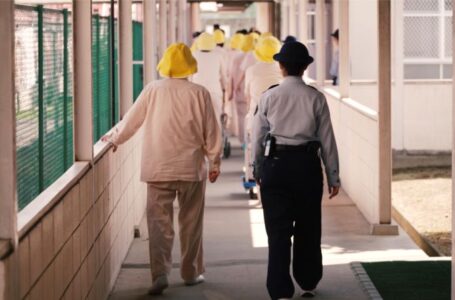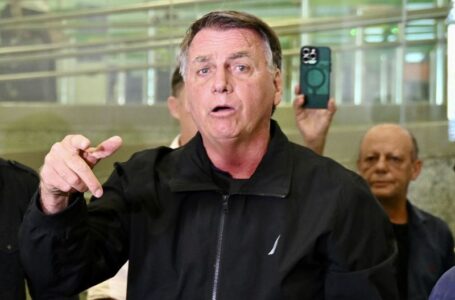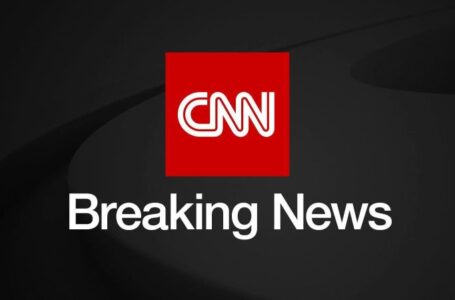Trump wants to visit China again after he takes office: report
Blinken meets China’s top diplomat in Laos as global giants keep communication lines open
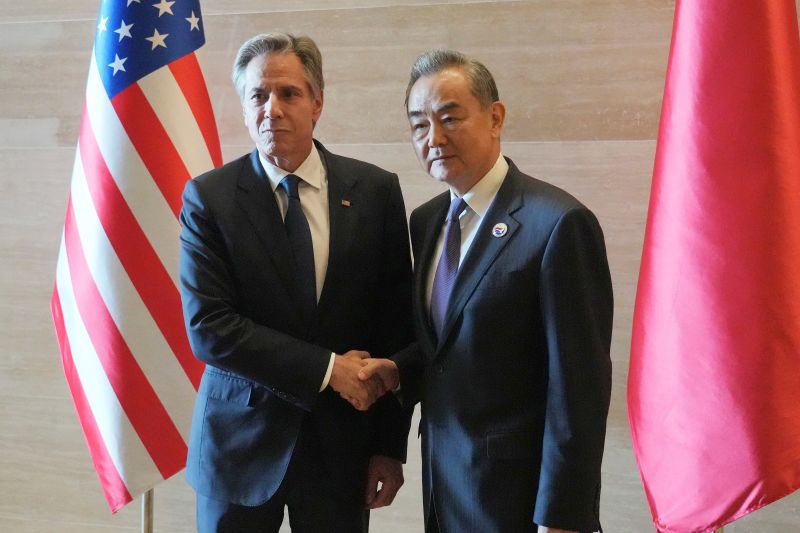

The most senior diplomats from China and the United States began talks in Laos on Saturday as the two global powers try to maintain lines of communication despite their deepening rivalry and regional tensions in Asia.
Secretary of State Antony Blinken is in Laos as part of a visit to Asia against the backdrop of a fierce US presidential election campaign, which has renewed regional scrutiny over what the world will look like with a new administration in the White House.
Blinken is meeting his Chinese counterpart Foreign Minister Wang Yi on the sidelines of the ASEAN foreign ministers’ meetings in Laos – the first leg of a week-long trip which also includes stops in Vietnam, Japan, the Philippines, Singapore and Mongolia.
Tension between the US and China has persisted in recent months, even as President Joe Biden’s administration has sought to stabilize rocky relations between the two global rivals.
Russia’s invasion of Ukraine, as well as China’s increasingly assertive moves in the South China Sea and threats toward Taiwan, have in recent years soured the Washington-Beijing relationship.
Earlier this week the North American Aerospace Defense Command intercepted two Russian and two Chinese bombers flying near Alaska in what a US defense official said was the first time the two countries have been intercepted while operating together.
China’s continued support of Russia more than two years into Moscow’s invasion has been a persistent point of tension for the US, its allies and the Ukrainians.
When NATO leaders met earlier this month a joint declaration labeled Beijing a “decisive enabler” of Russia’s war against Ukraine, citing China as giving “large-scale support for Russia’s defense industrial base.”
The US and the European Union in recent months have accused China of bolstering Russia’s defense sector with the export of dual-use goods, and sanctioned dozens of companies in Hong Kong and mainland China for evading the extensive measures imposed on Russia. Beijing has denied supplying weaponry and maintains it keeps strict controls on such goods.
Beijing has sought to position itself as a neutral peace broker in the conflict, despite its deepening political, economic and military ties with Moscow and Chinese leader Xi Jinping’s openly close friendship with Russia’s Vladimir Putin.
Earlier this week, Wang told visiting Ukrainian Foreign Minister Dmytro Kuleba that Beijing “supported all efforts that contribute to peace” – the first time China has hosted a top Ukrainian official since Moscow’s invasion began nearly two and half years ago.
In contrast, both Putin and Russia’s top diplomat Sergei Lavrov have been greeted in Beijing multiple times since the invasion.
Kuleba also visited Hong Kong and urged the semi-autonomous Chinese city’s government to prevent Russia from using the Asian financial hub to bypass Western sanctions.
On Thursday, Wang also met with foreign ministers from Southeast Asia, South Korea and Japan, as well as Lavrov.
Wang told Lavrov that, in the face of a turbulent international situation and external interference and resistance, “China is willing to work with Russia… to firmly support each other and safeguard each other’s core interests,” according to a statement from China’s foreign ministry.
Lavrov hailed Russia and China for “jointly upholding a fair and just international order” and “injecting positive energy into the construction of a multipolar world.”
“Russia will work with China to support the central role of ASEAN and prevent sabotage and interference by foreign forces,” Lavrov said, according to the statement.
ASEAN, a grouping of 10 Southeast Asian countries, has increasingly found itself nervously eyeing the growing tensions between China and the US in recent years.
Regional scrutiny
Among the countries Blinken will visit on his trip are the Philippines and Japan, both of which have a mutual defense treaty with Washington.
The Philippines has tacked closer to the US since the election of President Ferdinand Marcos Jnr. against a backdrop of increasingly violent clashes between Manila and Beijing in the South China Sea.
Before speaking with Wang on Saturday, Blinken urged Southeast Asian countries to work together to address challenges – including Beijing’s “escalating and unlawful actions taken against the Philippines in the South China Sea” – at a meeting with ASEAN foreign ministers.
But he also applauded Manila’s diplomacy with Beijing over the contentious issue, noting that the Philippines on Saturday completed unimpeded a resupply trip to troops stationed on a navy ship grounded at the hotly contested Second Thomas Shoal.
Such resupply missions had been the source of months of escalating tensions between the Philippines and China, which reached an interim deal last week to smooth deliveries.
“We are pleased to take note of the successful resupply today of the Second Thomas Shoal, which is the product of an agreement reached between the Philippines and China,” Blinken said.
“We applaud that and hope and expect to see that it continues going forward.”
During his presidency, Biden has pushed to deepen relations with the Philippines, Japan and South Korea, another mutual treaty ally, with Blinken a mainstay on the diplomatic circuit.
Beijing has bristled at such efforts, seeing it as part of Washington’s campaign to encircle China and contain its rise.
Asia is therefore watching closely for what might come next, especially given recent bombshell developments in the US election campaign.
Republican candidate Donald Trump, who recently survived an assassination attempt, has often viewed Washington’s alliances more transactionally than Biden does. His running mate JD Vance has advocated halting military aid to Ukraine in favor of focusing on Taiwan’s defense.
Meanwhile the Democratic Party’s campaign was upended by Biden’s decision not to seek re-election, and Vice President Kamala Harris becoming the party’s presumptive nominee.

